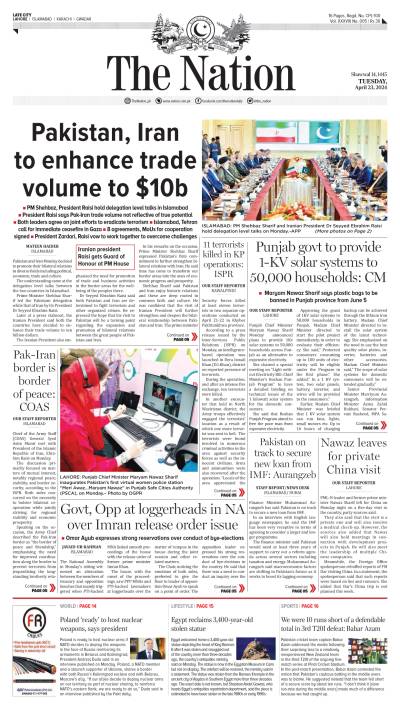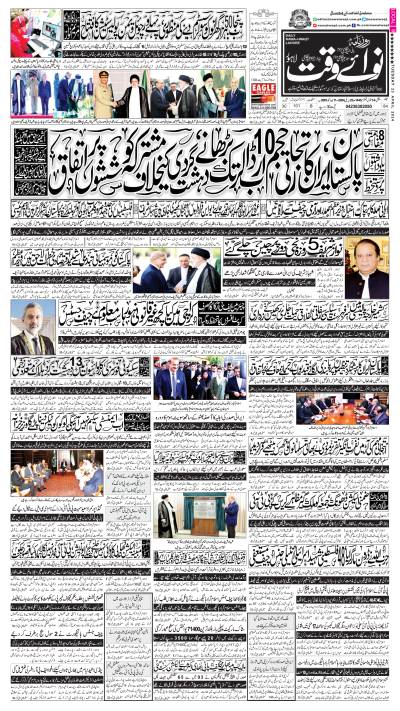Despite the reassuring statements of the president of the United States (US), Donald Trump, regarding bringing normalcy to the trade war between the US and China, the war has escalated sharply as the former has once again increased tariffs on $200bn of Chinese goods. President Trump calls the move beneficial for his country.
Nevertheless, the top economic advisor, Larry Kudlow, in his team begs to differ. He thinks that the US move will harm both economies. Should this make us prepare for another possible resignation? Possibly. Trump wants to take the trade war with China to new heights by introducing new tariffs soon. China’s decision to retaliate will indeed hurt the world economy; however, Beijing cannot be blamed for this.
What is mind-boggling is Trump’s belligerence and naivety that he displays simultaneously. On the one hand, he shows no concern for the global economy. On the other hand, after imposing tariffs on Chinese goods, he warns China not to retaliate against the new tariffs. Maybe he thinks China’s options are as limited as Iran’s.
What is clear is that Beijing will not be able to impose reciprocal tariffs, because China’s imports from the US are less than $200bn. However, the latest announcement of China of setting new tariffs of between 5% and 25% on $60bn of US imports will hit some 5,000 products. It shows that China is not taking dictation from the US on how she should operate its economy. Though it shows that China’s leverage on trade is limited, it doesn’t mean that Trump can easily win this confrontation.
China has many other ways to retaliate, such as dumping its considerable holdings of U.S. debt or making it harder for Trump to get a nuclear deal with North Korea. In these and other areas, Beijing has enormous leverage thus leading some to suggest that the trade war may soon turn into a cold war.





